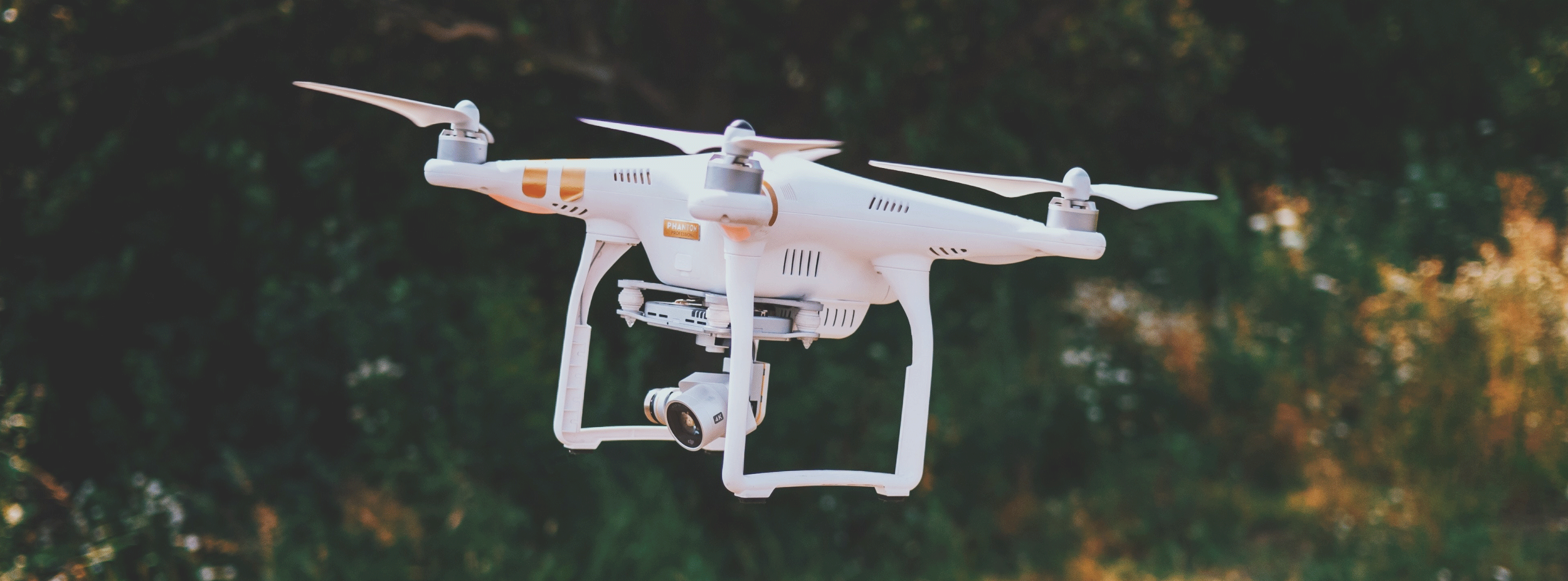More and more, utilization of drones is becoming a common practice for construction companies, developers, and even the architects behind the designs.
That number is only growing as building-based industries represent the highest percentage of commercial drone use in the market. Needless to say, companies need to adapt or die. But what does that mean when it comes to drone use?
Regardless of the work you do, as a business owner or leader, it is always in your best interest to keep your operating costs low. In taking steps towards drone utilization, this might mean assigning a current employee to learn and run point on the new technology, a process that can be even more messy than it sounds already if you are strictly adhering to air traffic regulations.
Other companies have found it best to go ahead and make the outside hire, vetting a more seasoned drone pilot to be a part of the team indefinitely. This may be a solid choice if you predict your UAV to become a fixed part of day to day operations, as fundamental to your business as the material in which you work. This is also an expensive choice as your company takes on new salaries and liabilities.
The final option is the use of a Drone Service Provider like DroneBase.
The skill and expertise required for drone flight, as well as adherence to governing regulations, is difficult to maintain if it is not your company's focus. The bottom line is that DSP companies keep the technology at the forefront of their business so you can focus on the core tenets of yours.
There are many resource-saving uses for drones in construction, development, and other associated industries. All of these are extremely technical and not to be entrusted to the novice pilot.
Measuring stockpiles, for instance, is one of the best ways for construction companies to stay on schedule and under budget. The drones used in construction are outfitted with any variety of volume measuring tools that can produce more accurate data than conventional methods in less than half the time.
However, construction companies who promote their own drone pilot through their ranks will not know those benefits if they do not consider the skill and experience required to manage complex drone functions like these. Construction companies get their money’s worth out of drones when the tech supplements the procurement of big data by a manned survey team. In nearly every instance where this happens - from measuring to mapping to progress reporting - there are backend softwares that must also be managed at an expert level.
Even if you are willing to hire an already expert drone operator, these computer systems and the tools they accompany will be an added expense.
This is where construction professionals have to start to consider all the factors at play in the work they are hoping will be optimized by drones. How much will truly be conserved if those operations are kept in-house?
Furthermore, one of the best investments you can make for your business is one that limits liability. The risk associated with air traffic, privacy laws, and other regulations associated with drone flight is entirely new territory for most.
From training to tooling and software, the cost-to-benefit ratio can quickly start to lean in the wrong direction. The answer for your company could lie in a drone service provider.
DSPs like DroneBase employ a huge network of pilots who specialize, thus there are a host of pilots available in your region who do the kind of flying you need every single day.
Want to learn more or get started with drones on your next project? Visit our AEC page now.





.jpg?width=360&name=Banner%20Templates%20(7).jpg)